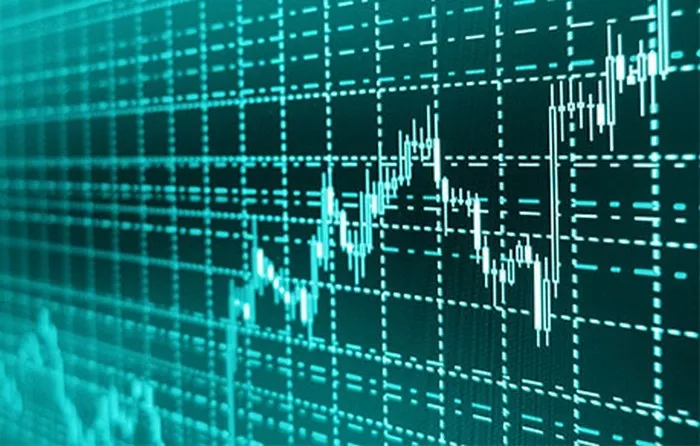Dow Jones Futures Trading is a critical aspect of the financial markets, providing investors with valuable insights into the potential direction of the stock market. It allows traders to speculate on the future price movements of the Dow Jones Industrial Average (DJIA), a benchmark index representing 30 of the largest and most influential companies in the United States.
Understanding Dow Jones Futures Trading
Dow Jones Futures Trading refers to the practice of buying and selling futures contracts that derive their value from the performance of the DJIA. These contracts, traded on various futures exchanges, including the Chicago Mercantile Exchange (CME), provide traders and investors with a mechanism to speculate on the future direction of the stock market.
Key Points about Dow Jones Futures Trading:
Futures Contracts: Dow Jones Futures are standardized financial contracts that obligate the buyer to purchase, and the seller to sell, a specified quantity of DJIA at a predetermined price on a future date. Unlike options contracts, futures contracts represent an obligation rather than an option to buy or sell.
Leverage: Futures trading typically involves significant leverage, allowing traders to control a more substantial position with a relatively small amount of capital. This leverage magnifies both potential gains and losses.
Expiration Dates: Each Dow Jones Futures contract has a specific expiration date when the contract must be settled. Traders can choose contracts with different expiration dates to align with their trading strategies.
Cash Settlement: Most Dow Jones Futures contracts are cash-settled, meaning they do not result in the actual delivery of the DJIA stocks. Instead, the contracts are settled in cash based on the difference between the contract’s price and the DJIA’s value at the time of expiration.
Speculation and Hedging: Dow Jones Futures allow traders to speculate on the index’s future price movements. Additionally, they are used for hedging purposes, allowing investors to protect their portfolios from adverse stock market movements.
Factors Influencing Dow Jones Futures Trading Prices
Several factors influence the prices of Dow Jones Futures contracts. Understanding these factors is crucial for traders and investors looking to make informed decisions:
Underlying Index Performance: The primary driver of Dow Jones Futures prices is the performance of the underlying DJIA. Positive news or strong earnings reports from the index’s constituent companies can lead to bullish sentiment and higher futures prices, while negative developments can result in bearish sentiment and lower prices.
Interest Rates: Changes in interest rates can impact the cost of holding Dow Jones Futures contracts. Higher interest rates may lead to higher carrying costs for traders holding long positions.
Economic Data: Economic indicators such as GDP growth, unemployment rates, and inflation figures can influence Dow Jones Futures prices. Strong economic data can boost market confidence, while weak data can lead to uncertainty and market declines.
Corporate Earnings: Earnings reports from the companies included in the DJIA can have a significant impact on futures prices. Positive earnings surprises can drive prices higher, while disappointing results can lead to declines.
Global Events: Geopolitical events, trade tensions, and global economic developments can affect market sentiment and Dow Jones Futures prices. Uncertainty in the global economy can lead to increased market volatility.
Market Sentiment: Trader sentiment and market psychology play a crucial role in Dow Jones Futures trading. Sentiment can be influenced by news, social media, and the overall market environment.
Options Activity: Options activity on the DJIA can impact futures prices. Large options trades, such as hedging strategies, can influence market sentiment and direction.
Significance of Dow Jones Futures Trading
Dow Jones Futures Trading holds significant importance in the financial world for several reasons:
Risk Management: Dow Jones Futures contracts provide a valuable tool for investors to hedge their portfolios against adverse market movements. By taking positions that offset potential losses, investors can reduce risk exposure.
Price Discovery: Dow Jones Futures prices are considered leading indicators of market sentiment and future stock market movements. Traders use these prices to gauge market expectations and make informed trading decisions.
Liquidity: The Dow Jones Futures market is highly liquid, allowing traders to enter and exit positions with ease. This liquidity provides flexibility and reduces trading costs.
Diversification: Dow Jones Futures Trading offers diversification opportunities. Investors can gain exposure to the performance of the entire DJIA index without purchasing individual stocks.
Speculation: Traders and speculators use Dow Jones Futures contracts to profit from short-term price movements. This speculation adds liquidity and efficiency to the market.
Conclusion
Dow Jones Futures Trading plays a vital role in the global financial markets, offering investors and traders opportunities for speculation, risk management, and portfolio diversification. Understanding the factors that influence Dow Jones Futures prices is essential for making informed trading decisions. As a leading indicator of market sentiment, Dow Jones Futures provide valuable insights into the potential direction of the stock market, making them a significant tool for market participants and analysts alike.


